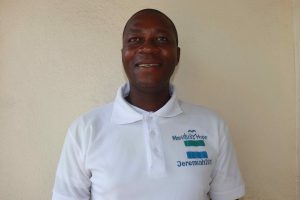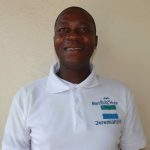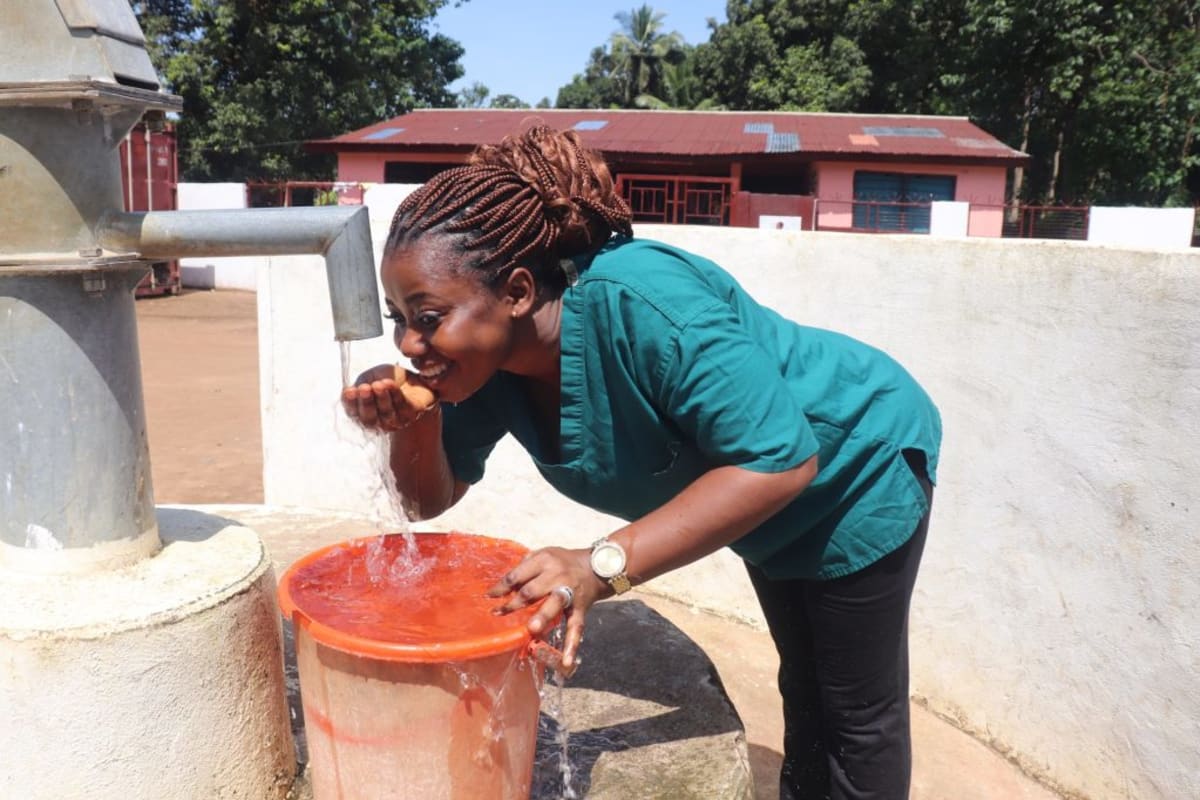November, 2022: Susu Gospel Health Clinic Well Rehabilitation Complete!
We are excited to share that a safe, reliable water point at Susu Gospel Health Clinic in Sierra Leone is now providing clean water to community members! We also conducted hygiene and sanitation training, which focused on healthy practices such as handwashing and using latrines.
"I believe the Lord has blessed us through [you]," said 15-year-old Josiah, whom we spoke to when we first visited the health clinic.

Josiah pours water while community members celebrate.
"With this water point that is closer to my house, I believe it’s our responsibility as a community to take good care of it and not to allow it to get damaged," Josiah continued. "Personally, I am so happy for this water point because our time moving far [distances] for water has been saved. A very big thanks and appreciation on behalf of [my] community and the entire school-going pupils to [you] for providing us with this safe and quality drinking water [source]. I pray that the good Lord continues to bless, guide, and provide for [everyone who contributed]."

"On such an occasion, words are not enough to express our joy and profound gratitude for [this] precious gift," said 32-year-old nurse Janet Allieu, whom we also interviewed on our first visit to the health clinic.

Janet, on the right in the pink and purple scrubs, splashes water with another nurse.
"No matter how long the night may be, the day is sure to come, and indeed, the day has come for us all to celebrate," Janet continued. "Let us leave behind the sad chapter of yesterday when we, the nurses, [had to] walk a distance from the facility to fetch water for the use of our patients and the staff. Today, our lives have been changed for the better."

"Our daily lives revolve around the necessity of water," Janet continued.
"From the moment we wake up to the end of each day, we do many things in which water plays a crucial role, such as drinking to quench our thirst; [rehydrating] ourselves and [facilitating] oral medication for patients; washing of our hands, instruments, and bed linens; [and] cleaning the floor, the toilet, and the in- and outside of the facility. Today, on the completion and handing over of this water project, we have not only got easy access to water, but a regular and safe water supply system that will benefit the clinic, church, and the community at large."
We held a dedication ceremony to officially hand over the well to the community members. Several local dignitaries attended the ceremony, including representatives from the Ministry of Water Resources, the District Council, and the Ward Council.

Community members celebrate during the dedication ceremony.
Each official gave a short speech thanking everyone who contributed to the rehabilitation of the water project and reminding everyone to take good care of it. Then, Josiah and Janet made statements on their community's behalf. The ceremony concluded with celebration, singing, and dancing.
Clean Water Restored
The drill team arrived the day before beginning work. They set up camp and unpacked all their tools and supplies to prepare for drilling the next day. The community provided space for the team to store their belongings and meals for the duration of their stay. The following day, the work began.

First, we raised the tripod, the structure we use to hold and maneuver each drilling tool. Next, we measured the well's original depth. We then socketed the pipes and installed a casing.
Finally, we lined up the drill rods and started to drill! We reached a final depth of 23 meters with water at 17 meters. The hand-drill method allowed the team to install the cylinder far below the aquifer so that the community has excellent water access throughout the year.

Bailing the well.
With drilling complete, we installed screening and a filter pack to keep out debris when the water is pumped. We then cemented an iron rod to the well lining and fixed it with an iron collar at the top.
Next, we bailed the well by hand for three days and flushed it, clearing any debris generated by the drilling process. Finally, we tested the yield to ensure the well would provide clean water with minimal effort at the pump.
As the project neared completion, we built a new cement platform, walls, and drainage system around the well to seal it off from surface-level contaminants. The drainage system helps to redirect runoff and spilled water to help avoid standing water at the well, which can be uncomfortable and unhygienic and a breeding ground for disease-carrying mosquitoes.

At last, we installed the pump and conducted a water quality test. The test results showed that this was clean water fit for drinking!
New Knowledge
We scheduled a time when all the clinic's staff could attend a three-day hygiene and sanitation training. We then dispatched our teams to the agreed-upon location to hold the meeting. Thankfully, during this time, the clinic did not receive any emergency cases, so the training was not interrupted.

Training topics covered included handwashing and tippy taps, good and bad hygiene habits, disease transmission and prevention, COVID-19, worms and parasites, dental hygiene, proper care of the well's pump, keeping the water clean, the cost recovery system, dish racks and clotheslines, the importance of toilets, keeping latrines clean, balanced diets, the diarrhea doll, and HIV and AIDS.

A trainer constructs a handwashing station called a tippy-tap.
The topic that stirred the most conversation was diarrhea, since the nurses encounter many deaths due to diarrhea from water-related diseases, especially among children who are under five years old. They discussed various ways of helping someone who is experiencing diarrhea to rehydrate their bodies, and remarked that their new well will make this so much easier.

The nurses discuss how diseases transfer from one person to another.
Conclusion
This project required a substantial collaboration between our staff, our in-country teams, and the community members themselves. When an issue arises concerning the well, community members are equipped with the necessary skills to rectify the problem and ensure the water point works appropriately. However, if the issue is beyond their capabilities, they can contact their local field officers to assist them.
Also, we will continue to offer them unmatchable support as a part of our monitoring and maintenance program. We walk with each community, problem-solving together when they face challenges with functionality, seasonality, or water quality. Together, all these components help us strive for enduring access to reliable, clean, and safe water for this community.
With your contribution, one more piece has been added to a large puzzle of water projects. In our target areas, we’re working toward complete coverage of reliable, maintained water sources within a 30-minute round trip for each community, household, school, and health center. With this in mind, search through our upcoming projects to see which community you can help next!
Thank you for making all of this possible!

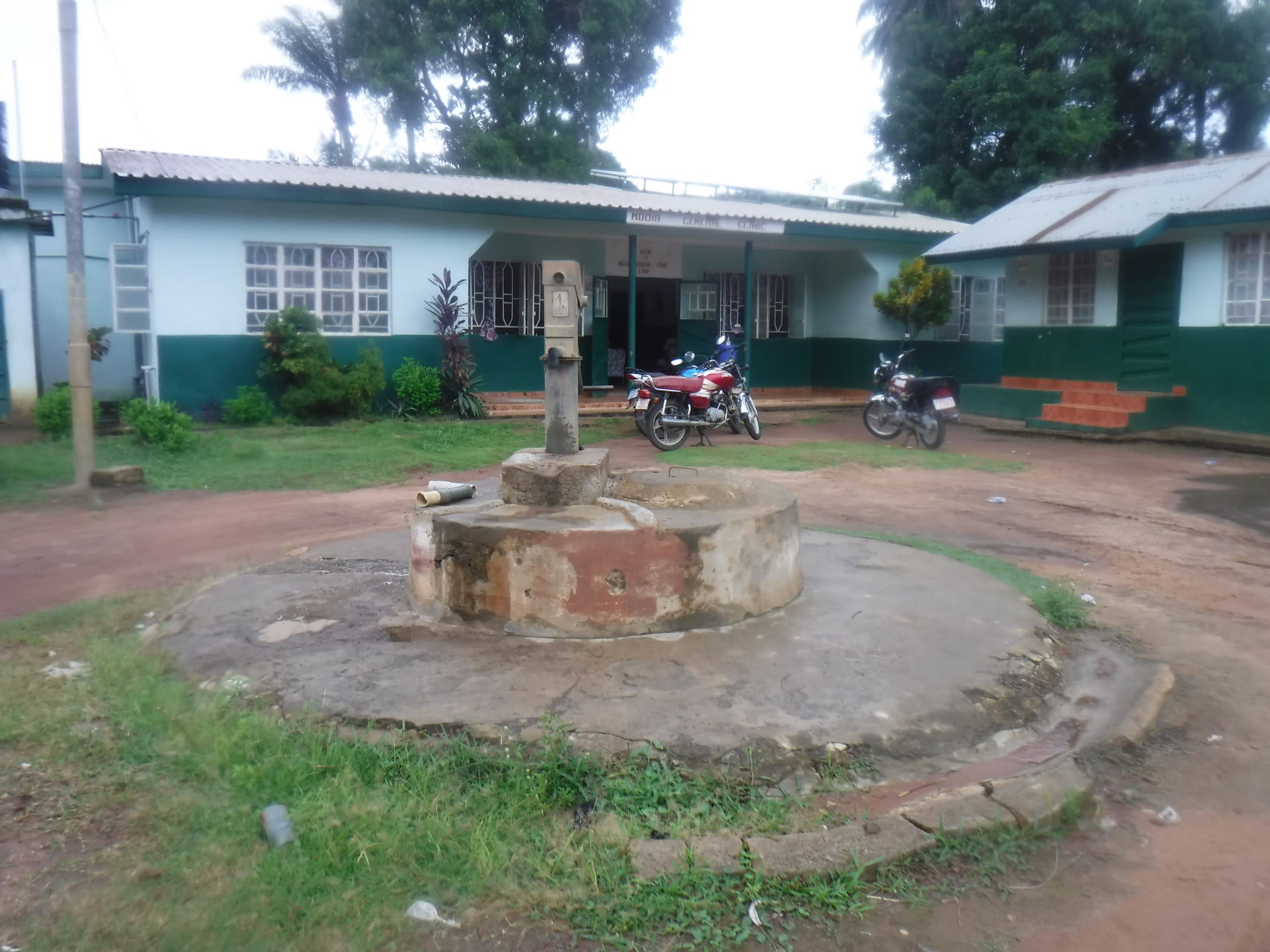
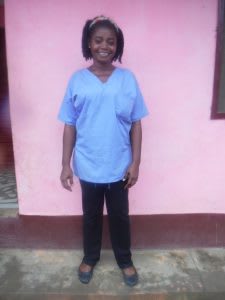
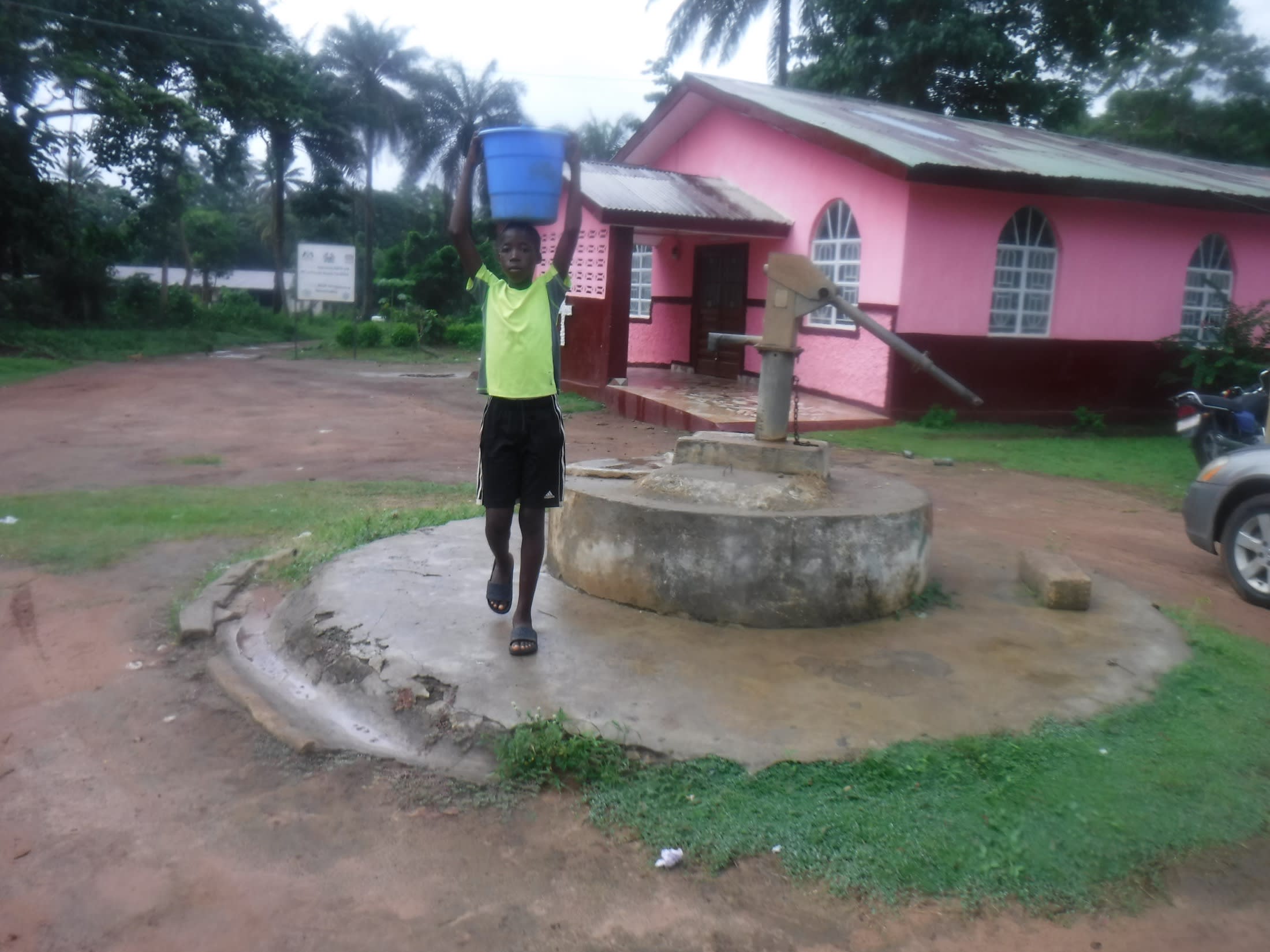

 Borehole Well and Hand Pump
Borehole Well and Hand Pump









